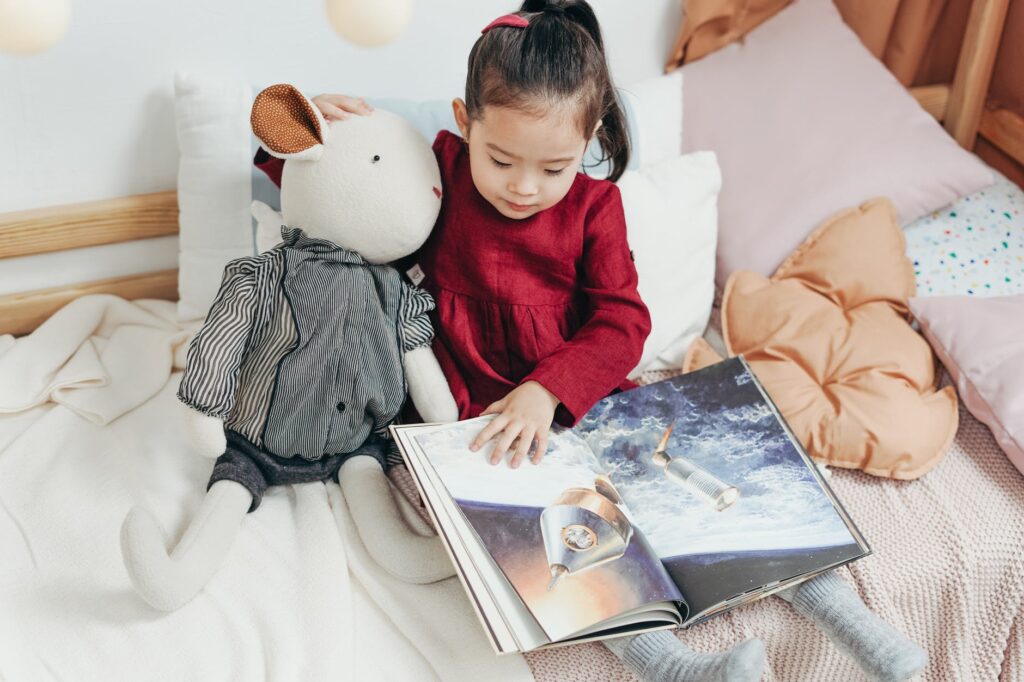
We speak to thousands of parents every day and know first-hand that the impact of lockdown on children has been significant. With current restrictions continuing to limit what we can do in our day-to-day lives, we were interested to see how the additional time spent indoors is affecting our customers and their families.
The Impact of Lockdown on Children
Our research revealed that almost half of children are spending more time in their bedrooms than they did pre-COVID. These children are spending an additional four hours in their bedrooms every day on average, with bedrooms being used for all aspects of their lives, from socialising to homework and even eating meals.
This has undoubtedly had an impact on children, and our research found that 44 percent of parents are concerned that their children have been negatively affected by the additional time spend in their rooms.
Boredom was found to be the most common by-product of spending more time confined to their rooms, with almost half of parents claiming that their children are often at a loose end. This was closely followed by a lack of motivation (34 percent), increased frustration (27 percent) and decreased social skills (25 percent).
What the Experts Say
Parenting Expert, Bea Marshall, gave us her insight into the findings: “It is evident from this research, and other research that has been published over the last year, that the impact of the disruption to our children’s lives due to COVID-19 has been significant. Lockdowns and other restrictions have meant that whole families have had to completely rethink life together and that has meant a dramatic increase in time spent together in one place, largely indoors.
“Our children have been under significant pressure to adapt quickly to a new paradigm. During times of stress, bedrooms can be places of refuge, peace and comfort so it is natural that children would seek out their private space to avoid sibling conflict, overstimulation and to recharge their energy. For this reason, the increased time spent in their bedrooms should not automatically be a cause for concern for parents.
“The impact of COVID-19 on our children’s mental health is significant and is showing up in their behaviour and engagement. As we move towards fewer restrictions our children will have the opportunity to restore balance as they spend time with friends again, go back to their classrooms, and hopefully longer days and warmer weather will lead to more time outdoors.”
Top 10 Tips for Improving Children’s Bedroom Space:
Whilst we don’t have much control over the amount of time children are spending at home at the moment, we do have control over the environment, and simple changes can make a big difference. As bedrooms have never been so important, we’ve pulled together a list of easy tips to ensure that they remain a space that children can escape to and enjoy.
- Create a dedicated workspace to separate homework, sleep and play. If possible, this workspace should be outside of the bedroom.
- Ensure you are allowing plenty of natural light into the room – it’s the world’s natural mood booster.
- Brighten up the space by using temporary wall stickers to add pops of colour in a quick and affordable way.
- Declutter – a crowded, messy bedroom can be overstimulating and lead to disruptive sleep patterns. A tidy room will also feel brighter and airier.
- Introduce storage solutions. Bright and compact storage solutions are a great way to add colour to a room and make it easier for children to tidy.
- Update old furniture with a lick of paint. Painting furniture is an easy way transform tired-looking bedrooms and can be done incredibly cheaply using sample pots of paint.
- Let fresh air into the room regularly. The amount of clean air in a room can make a big difference to our mental and physical health, so try to open the windows several times every day.
- Consider lighting. Dimmer switches are an easy way to ensure children’s bedrooms remain light and bright during the day and calm and relaxing around bedtime.
- Set clear boundaries around the functions that bedrooms are used for. For example, encourage children to eat meals away from the bedroom.
- Make a weekly plan to ensure you are regularly spending time outside of the home as a family – this might be a walk in the woods or a trip to the park.
You can discover more about our easy-to-apply wall stickers here.




